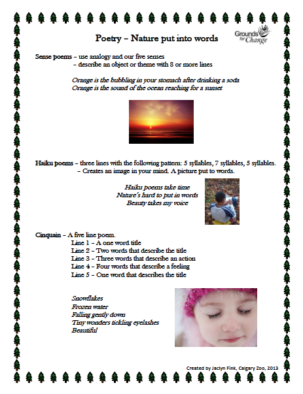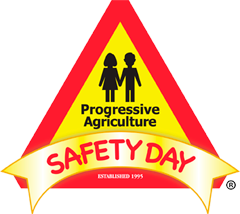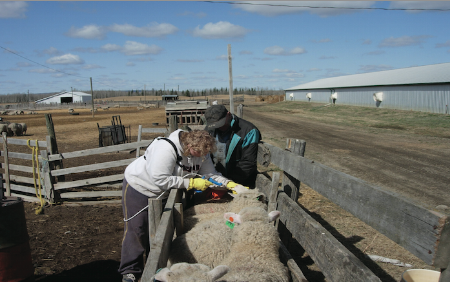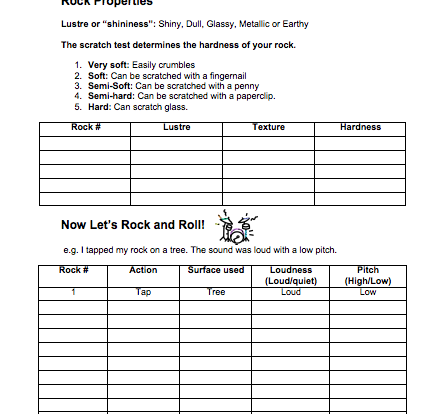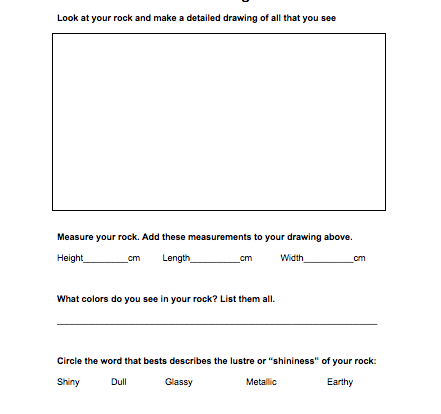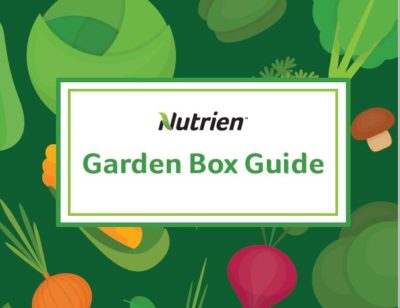-
Discuss different types of poems including stanzas, rhyme, etc. Students can review these poem examples to solidify content or prepare for their own writing efforts.
-
Check out Progressive Agriculture’s Daily Learning Drops that offer various safety and health-related activities and demonstrations using a fun, unique and hands-on approach. As the children are home, now is the perfect time to think about adopting safer practices and healthier lifestyles.
Curriculum and activities are designed for students ages 4 to 13.

-
Many in agriculture know someone whose life has been affected by a farm-related injury or death. The statistics are sobering. Even more tragic is that these incidents could have been prevented with a few simple safety precautions. That’s why the Progressive Agriculture Foundation® is on a crusade to bring safety and health information to the farming communities who desperately need it. The mission of the Progressive Agriculture Safety Days is simple – to provide education and training to make farm and ranch life safer and healthier for children and their communities.
At the heart of this effort is the Progressive Agriculture Safety Day® program. This educational program provides training and resources for local communities to conduct one-day safety and health programs. Safety Days are designed to be age-appropriate, hands-on, fun, and safe for children.
To learn more visit: https://www.progressiveag.org/
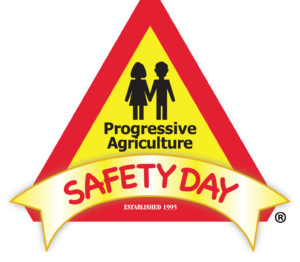
-
Discuss rock properties and how students can identify an unknown rock (lustre, scratch test, sound volume/pitch). Students investigate their rock by using a scratch test, and tapping their rock to observe the sound made. Wrap up: Discuss student answers/ observations.
*This activity will require rock samples.
-
Discuss the different types of rock (igneous, metamorphic, sedimentary) and the clues students can use to identify an unknown rock (texture, size, lustre, scratch test, etc.). Students are given a rock to observe and answer questions on the activity sheet. After answering the questions students guess which type of rock they have. Wrap up: Confirm which rock each student has, and walk them through the investigation if necessary.
*This activity will require vinegar and rock samples.

